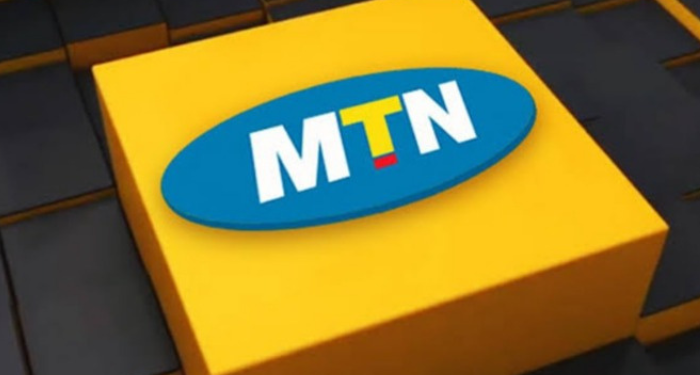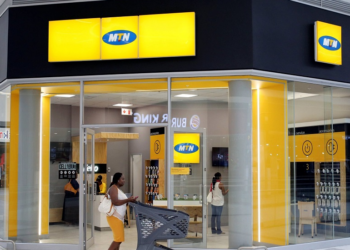MTN, Africa’s largest mobile phone group, plans to invest R1.9 billion ($101 million) by mid-year in generators, batteries, and renewable energy solutions.
This move aims to mitigate the impact of frequent power blackouts, which MTN anticipates could persist for up to three more years in its primary market, South Africa.
According to the Financial Times report, the investment to address the energy challenges supplements the R2.6 billion already allocated by the Johannesburg-listed company towards acquiring generators.
MTN’s CEO, Ralph Mupita, highlighted the urgency of the situation, describing it as a “crisis” exacerbated by vandalism targeting mobile phone towers and base stations.
Additionally, the company earmarked R10.1 billion for regular capital expenditure in South Africa last year.
Recommended reading: MTN Group, Mastercard sign agreement to boost mobile money in Nigeria, others
Near-daily power outages
Near-daily power outages, known locally as load shedding, have weighed on the continent’s most industrialised economy and left businesses dealing with vandalism and theft on backup power investments. MTN has also increased security through measures such as encasing batteries in concrete bunkers.
- “As we look at our business in South Africa, the key thing is to get beyond the load shedding,” Mupita said in an interview at the group’s headquarters. “Our view is that load shedding will be with us for at least another three years, which is why we’ve pre-emptively invested in the resilience of our network.”
Ahead of pivotal elections in May, the government says power cuts, which occurred on a record 280 days last year, will be over by the end of the year.
According to the report, MTN joins a growing list of companies plugging shortfalls from the state electricity provider, Eskom.
The private sector now generates 10.4 gigawatts of electricity, close to half of Eskom’s functioning capacity, the Minerals Council estimates. Some analysts believe private generation could exceed the output from Eskom’s aging coal-fired fleet as early as 2025.
- “If load shedding improves, then we have the opportunity to actually sell some of the excess power back into the grid. It’s an opportunity that could come out of this crisis,” Mupita said.
Focusing on digital payments
MTN has been focusing heavily on digital payments as part of an expansion of its fintech arm, where transactions increased by 32.2% last year.
The number of active subscribers to its mobile money service grew to 72.5 million as the company finalized a deal with Mastercard that valued the fintech arm at $5.2 billion. Mupita said the group was seeking a new round of minority investment into the business.
MTN this month reported a 79% drop in net income to R4.09 billion as a currency devaluation in Nigeria weighed on profits.
Recommended reading: MTN Group to invest $1.8 billion in data, fintech services in 2024
Challenging market time in Nigeria
The company is working to move a greater share of its dollar-indexed costs, including in mobile phone towers, support agreements, and equipment imports, into local currency so they can be “sustainable on a long-term basis”, MTN Nigeria Chief Executive, Karl Toriola told the FT.
- “It is a challenging market time, but Nigeria has a tendency to come back from the precipice. It is still the most populous country in Africa — youthful, growing, and very rapidly seeing internet penetration. Anyone who is there when the tide turns will see upsides,” he added.















.gif)







Good relevant news